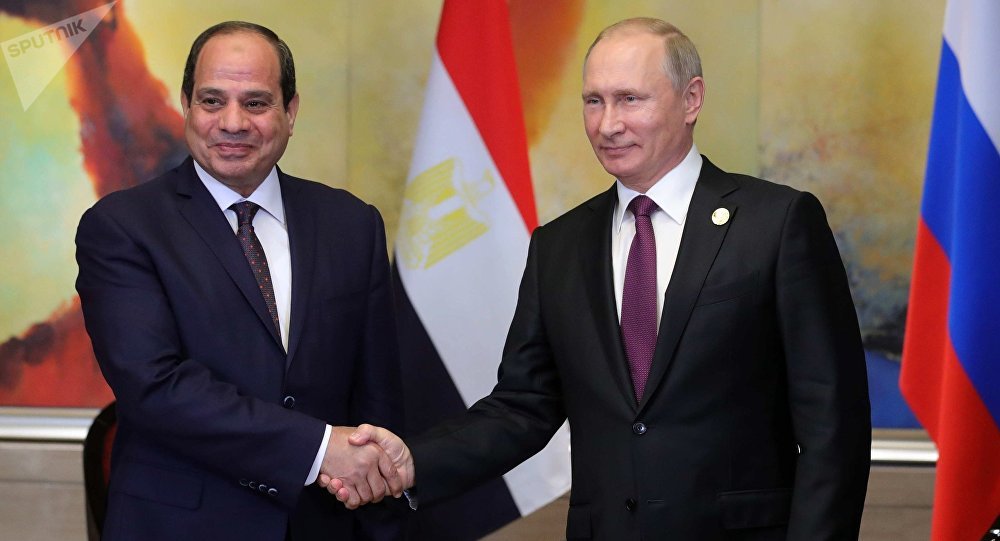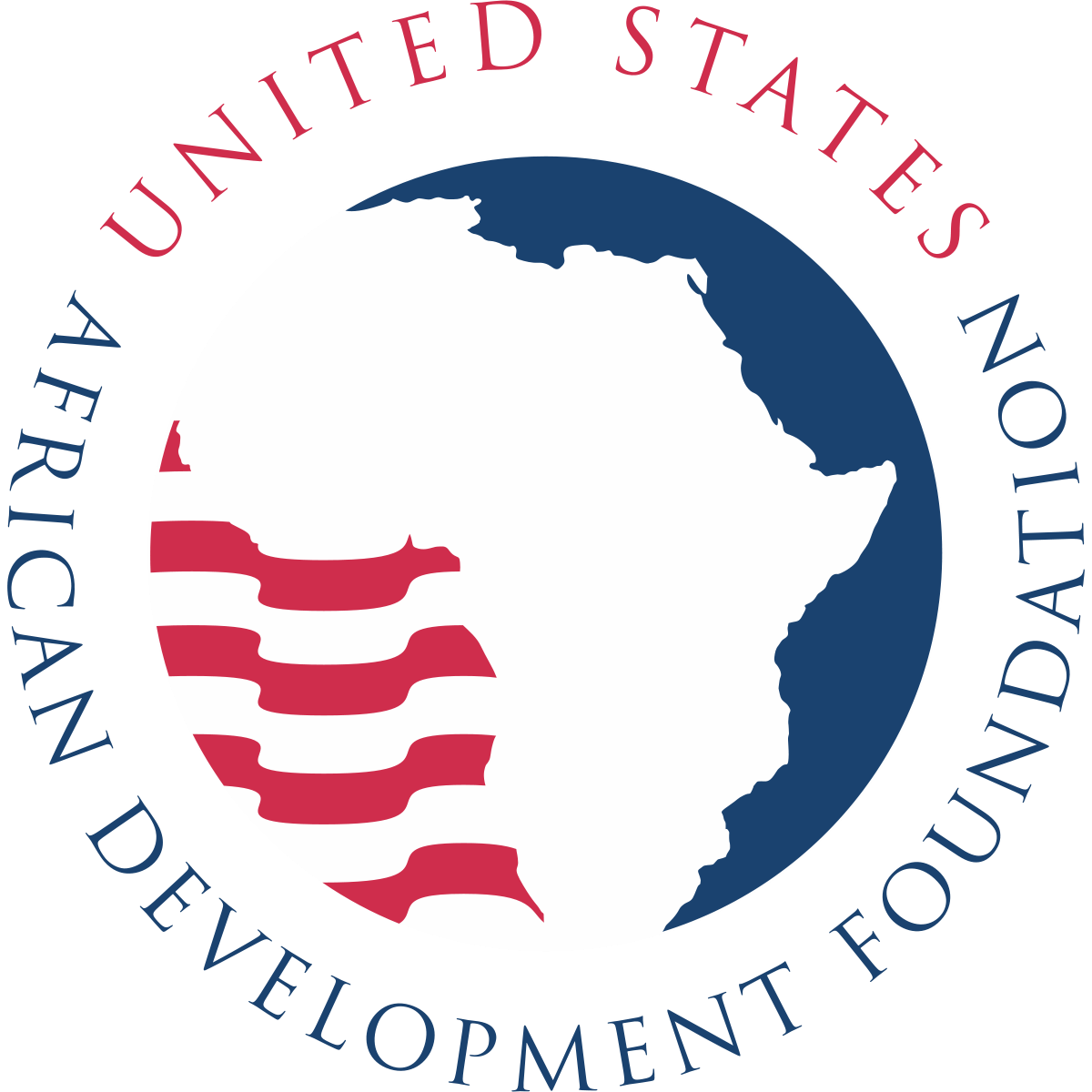The upcoming China’s first International Import Expo will provide opportunities for Algerian businesses to promote their services and goods and pave way for entering the huge Chinese market, experts said.
The expo is due to be held on Nov. 5-10 in Shanghai, China, as part of China’s efforts to open wider its market by importing products and services worth more than 10 trillion U.S. dollars in the next five years.
Like other countries, Algeria is also keen to seize this opportunity to grab a share in this vast market.
Ali Ferradj, head of Algerian state-run Company for Exhibitions and Export (SAFEX), told Xinhua that entering the Chinese market will facilitate the way for Algerian products to expand into the Asian market.
It is expected that 14 Algerian companies specializing in home appliances, food industry, textile and tourism will participate in the Shanghai import expo, Ferradj said.
“Algerian operators have to provide high-quality goods in a bid to have a share in this huge market,” he said.
Ferradj said some Algerian agricultural products and food could be competitive in foreign markets including China.
He mentioned that some Algerian products are already known in China, while some others have to be promoted in order to find a place in the Chinese market.
Thanks to the events like the import expo in Shanghai, “Algerian products will have the opportunity to be known there,” Ferradj said.
He hailed the Shanghai import expo as “an unprecedented event, as it is the first time a state organizes an exhibition dedicated exclusively to imports.”
Kamel Rezig, an economic expert, told Xinhua that Algerian businessmen have not been clever enough to market their products in China, despite facilitation efforts by the Chinese government.
Beijing and Algiers have raised their bilateral relations to a comprehensive strategic partnership since 2014.
Rezig indicated that although the bilateral relations between Algeria and China have been growing stronger, mostly during the last decade, as the biggest projects in Algeria have been granted to Chinese companies, Algerian businesses have not been very successful in entering the Chinese market.
He believed the problem in Algeria is that most companies have not made enough efforts to produce goods in line with international standards, which is, in fact, a key factor for entering foreign markets, including the Chinese market.
If Algerian industrial and agricultural products enter the Chinese market, it would be a great achievement for the economy, given that China provides a promising market with its 1.3 billion consumers, compared with the U.S. market (340 million consumers) and the European market (740 million consumers), Rezig said.
“The Chinese market offers more facilitation compared to the western markets, and I hope the Algerian government and businesses to show more will to seize this opportunity,” he said.
China has been Algeria’s largest goods supplier for the fifth year in a row. In 2017, China’s exports to Algeria were worth 8.3 billion U.S. dollars, representing 18.1 percent of the total imports by North African countries, which stood at 45.95 billion dollars.


